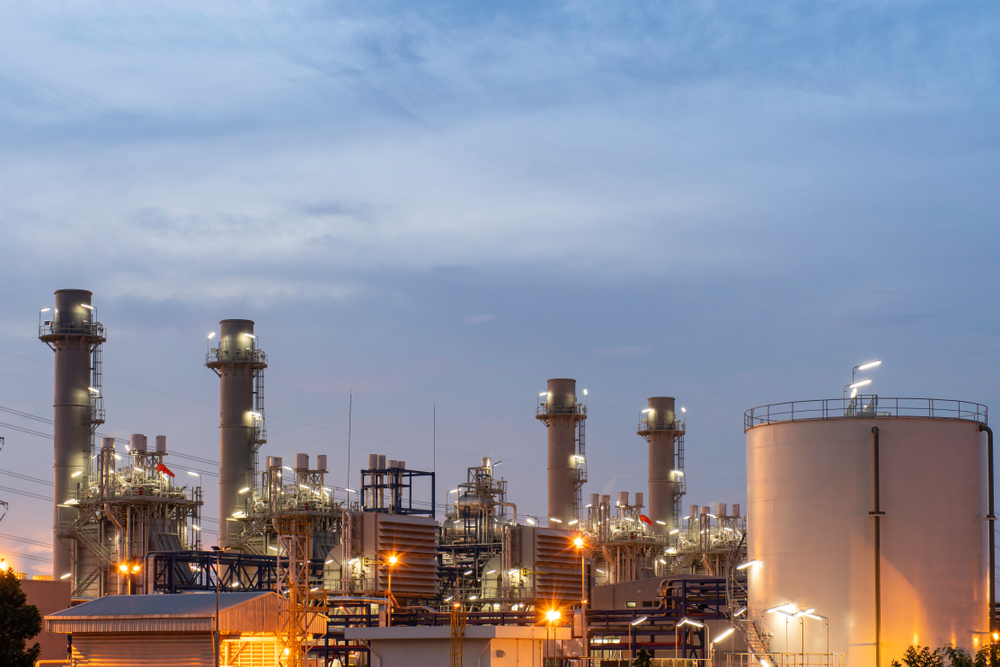
The United States holds a competitive advantage regarding its domestic supplies of affordable natural gas and natural gas liquids (NGLs), according to the American Chemistry Council.
The council studied 340 chemical industry investment projects valued at $204 billion and discovered companies from around the globe are investing in the United States. Out of the 340 projects, 56 percent had their capital investment completed or were under construction, 41 percent were in the planning phase, and 3 percent were either delayed or of unknown status.
The majority of the investments involve natural gas and NGLs for export. Other investments include factory re-starts expansions and new facilities.
A total of 70 percent of the investments originated with firms based outside the United States or domestic firms that include a foreign partner.
Recently, increased industry output has increased the availability of ethane, an NGL, and has lowered natural-gas prices.
The council examined the permanent economic impacts of increased output and made a forecast for the number of jobs created and output increases from 2010 to 2025.
Output is forecasted to total $292.2 billion, while the industry is expected to support 785,784 direct and indirect jobs with a payroll totaling $57.2 billion.
In Pennsylvania, the chemical and petrochemical industry generates more than $1 billion in annual taxes, according to the Pennsylvania Chemical Industry Council, and supports more than 80,000 workers. The industry is valued at $24 billion in the state.
The affordability and accessibility of domestic natural gas and NGL supplies, as well as the robustness of the market, are influenced by government policies, according to the American Chemistry Council.
These policies include ensuring a timely, transparent, and efficient regulatory permitting process for manufacturing projects and investments; continuing responsible, state-based regulations that avoid undue restrictions on production; expediting the building of infrastructure, such as pipelines to transport supplies; expanding access to foreign markets for U.S. goods; and allowing access to oil and natural gas reserves on federal, state, and private lands.
The American Chemistry Council study is an update of the organization’s 2013 report, “Shale Gas, Competitiveness, and New U.S. Chemical Industry Investment – An Analysis of Announced Projects.” The report analyzed 97 potential projects valued at $72 billion that had been announced from 2010 until March 2013.